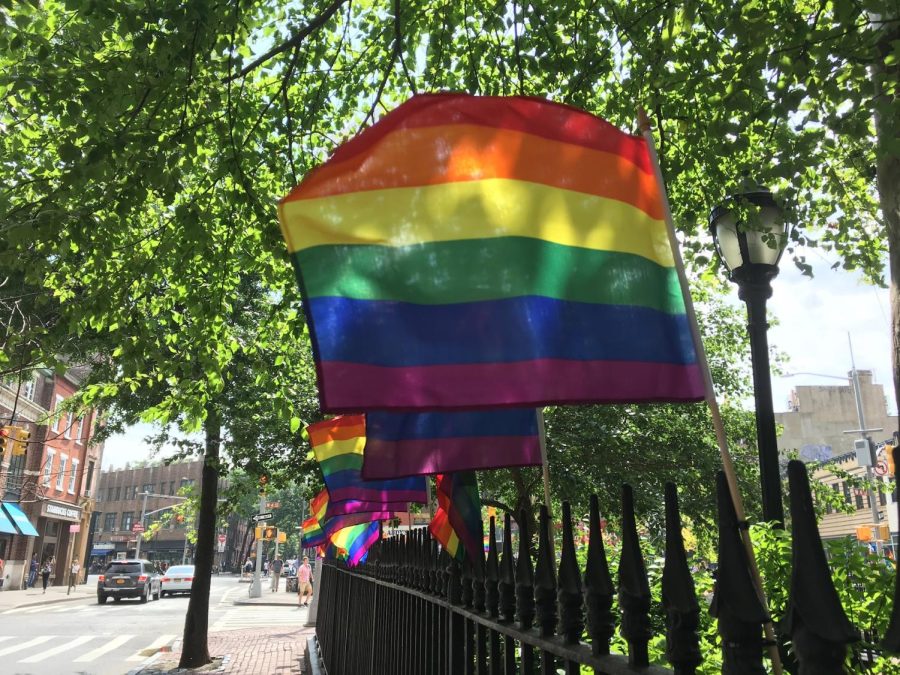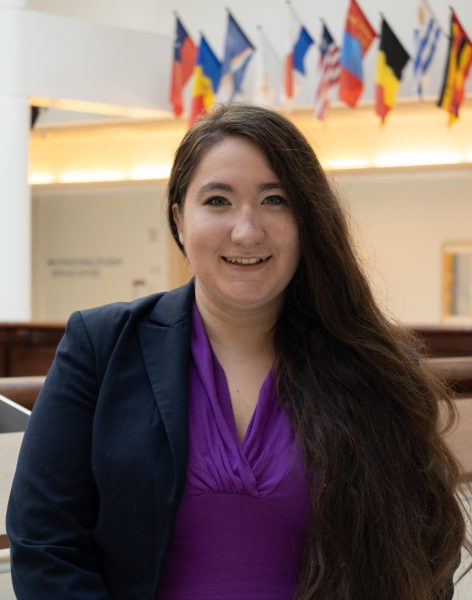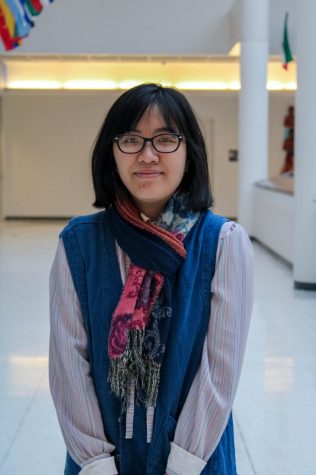G.L.A.S.S. talks sex education for LGBTQ+ Health Awareness Week
April 3, 2023
Baruch College’s Gender, Love and Sexuality Spectrum club, G.L.A.S.S., hosted a panel discussion with sex educator Tara Jones for LGBTQ+ Health Awareness Week.
G.L.A.S.S. board members asked Jones a set of questions and facilitated an open Q&Asegment.
Jones uses her digital platform to spread awareness through her Instagram account, @tara.michaela, and Sweet Nuthins, the name of her Patreon and website.
She said her own experiences are what inspired her to become a sex educator.
“I think something that really drew me to sex education was a deeper understanding of the idea that shame and stigma around sex are actually political tools,” Jones said. “They go hand-in-hand with the racism and queerphobia that I’ve experienced in every facet of my life but since it’s so taboo to talk about sex, generally these conversations are avoided, which I think does us all a disservice.
Jones said in her work she is consciously striving to learn from others.
“I do not pretend to know everything, but I do think, really interacting with my community, taking suggestions for what kind of content they want to see, has been really helpful for me to make sure that I’m casting as wide a net as possible and making everybody feel welcome on my page, or whenever I’m doing a panel or whenever I’m writing something,” she said.
Jones discussed the stigmatization of sexual health education. She said it is important to counter misinformation surrounding sexually transmitted diseases like HIV.
“A lot of people pretty exclusively see it as a gay man’s disease and I think that there are a lot of folks who are at risk, who are not being included in these conversations,” Jones said. “Especially when we’re talking about people of color, different populations, who pose unique risks, who maybe need to be prioritized in these conversations and are just completely pushed to the side.”
Students discussed the importance of making sex education accessible by fostering communities to discuss it.
Jones said connecting with friends is one way to begin tackling gaps in sex education, but that it is also important to have experts who can share their knowledge.
“It’s about finding ways to build up community members with that knowledge and make sure that they’re equipped to answer those questions and make sure that they’re available to answer those questions,” Jones said.
She told students that, in her own life, she sees how being Black and queer affects access to sexual education, so she encourages finding queer providers or providers who specialize in queer care.
She also said it is important to acknowledge the generational gap in medical trust for people of color.
“If we’re not even getting knowledge that there have been some really messed up things that have happened in the history of medicine, then what’s stopping it from happening again?” Jones said.
“I think it’s important to validate that, but also take that generational stride to encourage our parents, our elders to get with the times a little bit and take it upon themselves to find reputable sources, to do their own patient education and feel comfortable advocating for themselves.”
Jones said that resources like G.L.A.S.S. are essential because they empower students to become a source of information for those in their community.
“I would encourage anybody who’s passionate about sex education, to really find ways of putting yourself out there as a resource and also find ways of organizing other students around you, like you are doing right now, to make sure that these topics are included,” she said.









